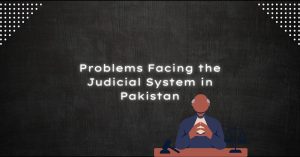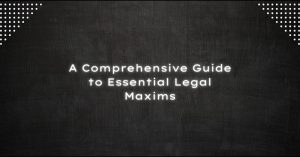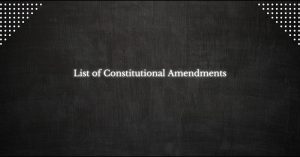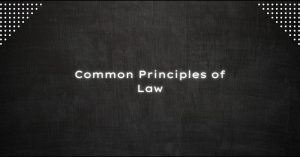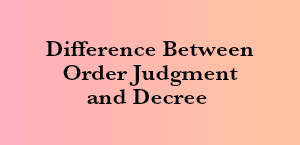Menu
A marriage which is not valid may be either void or irregular.
A void marriage is one which is unlawful in itself, the prohibition against the marriage being perpetual and absolute. Thus, a marriage with a woman prohibited by reason of consanguinity (S.250), affinity (S.251), or fosterage (S.252), is void, the prohibition against marriage with such a woman being perpetual and absolute.(a) (Women within the prohibited degree are called Mooharim) (or Mehram).
An irregular marriage is one which is not unlawful in itself, but unlawful “For something else,” as where the prohibition is temporary or relative, or when the irregularity arises from an accidental circumstances, such as the absence of witnesses.
Thus, the following marriages are irregular
A marriage contracted without witnesses (S. 244):
A marriage with a fifth wife by a person having four wives (S. 255) ;
A marriage with a woman undergoing iddat (S. 247) ;
A marriage prohibited by reason of difference of religion (S. 249) ;
A marriage with a woman so related to the wife that if one of them had been a male, they could not have lawfully intermarried. (S. 253)
The reason why the aforsaid marriages are irregular, and not void, is that in case (a) the irregularity arisen from an accidental circumstances ; in clause (b) the objection may be removed by the man divorcing one of his four wives ; in clause (c) the impediment ceases on the expiration of the period of iddat ; in clause (d) the objection may be removed by the wife becoming in convert to the Muslim, Christian or Jewish religion, or the husband adopting the Muslim faith ; and in clause (e) the objection may be removed by the man divorcing the wife who constitutes the obstacle ; thus, if a man who has already married one sister marries another, he may divorce the first, and make the second lawful to himself.
Shia Law:
The Shia law does not recognize the distinction between irregular and void marriages. According to that law a marriage is either valid or void. Marriages that are irregular under the Sunni Law are void under the Shia Law.


